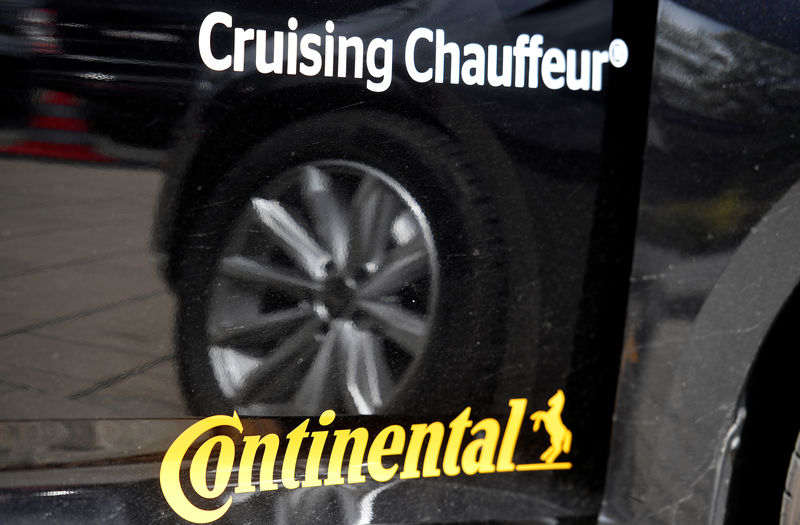Investing.com — Pirelli’s (BIT:PIRC) status as a market favorite in the tyre sector has taken a hit as Bernstein analysts downgraded the company to “underperform,” citing a convergence of company-specific risks that are not reflected in its current valuation.
Conversely, Continental (ETR:CONG) has received an upgrade to “market-perform,” buoyed by its exposure to positive trends in the European replacement tyre market and a lack of immediate negative catalysts.
Bernstein flagged three primary risks for Pirelli heading into 2025. Firstly, potential tariffs under a more protectionist U.S. administration could substantially impact Pirelli’s earnings.
Unlike its peers, which have significant domestic production capabilities in the U.S., Pirelli sources about 60% of its U.S. demand from Mexico. A 25% tariff on imports from Mexico could result in an 8–16% hit to its EBIT, even with mitigation measures such as rerouting production.
Secondly, Pirelli appears vulnerable to consumer “downtrading,” particularly in the U.S. market, where data indicates a weakening in demand for premium tires.
As the producer with the highest revenue share from premium products, Pirelli’s lack of lower-tier brands leaves it exposed to shifts in consumer behavior amid economic pressures.
The company’s premium-heavy portfolio also places it at risk from any slowdown in electric vehicle production—a sector that traditionally leans heavily on high-end tyres.
Finally, governance concerns have emerged. Italian authorities are investigating Pirelli’s major shareholder under “Golden Power” legislation, creating uncertainty around potential outcomes, including a forced stake sale.
These factors collectively led to Bernstein’s decision to revise Pirelli’s target price down to €4.60, representing a 12% downside from current levels.
In contrast, Continental’s position has been boosted by improving conditions in European replacement markets, a high-margin segment in which the company has significant exposure.
Analysts at Bernstein note that Continental’s tyre margins appear to have bottomed out, with room for expansion through 2025. The company’s automotive business, while facing structural challenges, is unlikely to overshadow its near-term performance thanks to ongoing cost-cutting measures and the anticipated spinoff of this segment by the end of 2025.
The absence of immediate risks, coupled with the potential for margin recovery in its core tyre business, has justified Continental’s upgrade. Bernstein has set a target price of €60 for the stock, indicating a slight downside of 5% but reflecting stabilization in its outlook.
While Pirelli struggles with specific headwinds, the tyre industry as a whole is positioned for modest growth in 2025.
Bernstein expects replacement tyre demand to outpace original equipment markets, with revenue growth and margin expansion across the sector. However, the analysts said that Pirelli’s relative disadvantage in this environment, due to its unique risk profile, necessitates caution among investors.
Shares of Continental were up 1.7% at 8:35 ET (13:35 GMT).

